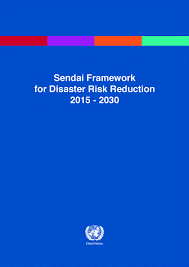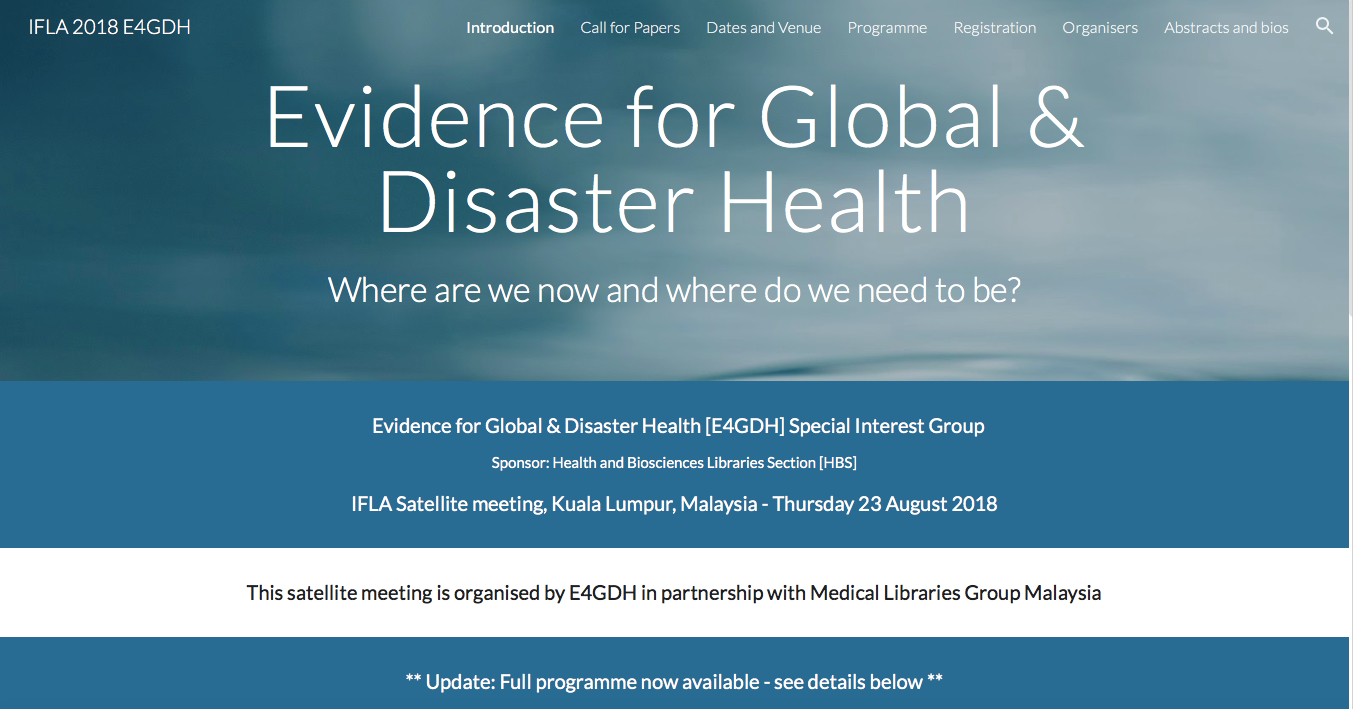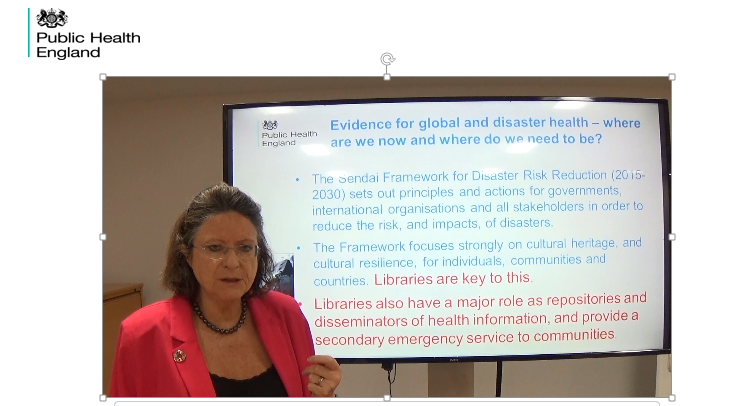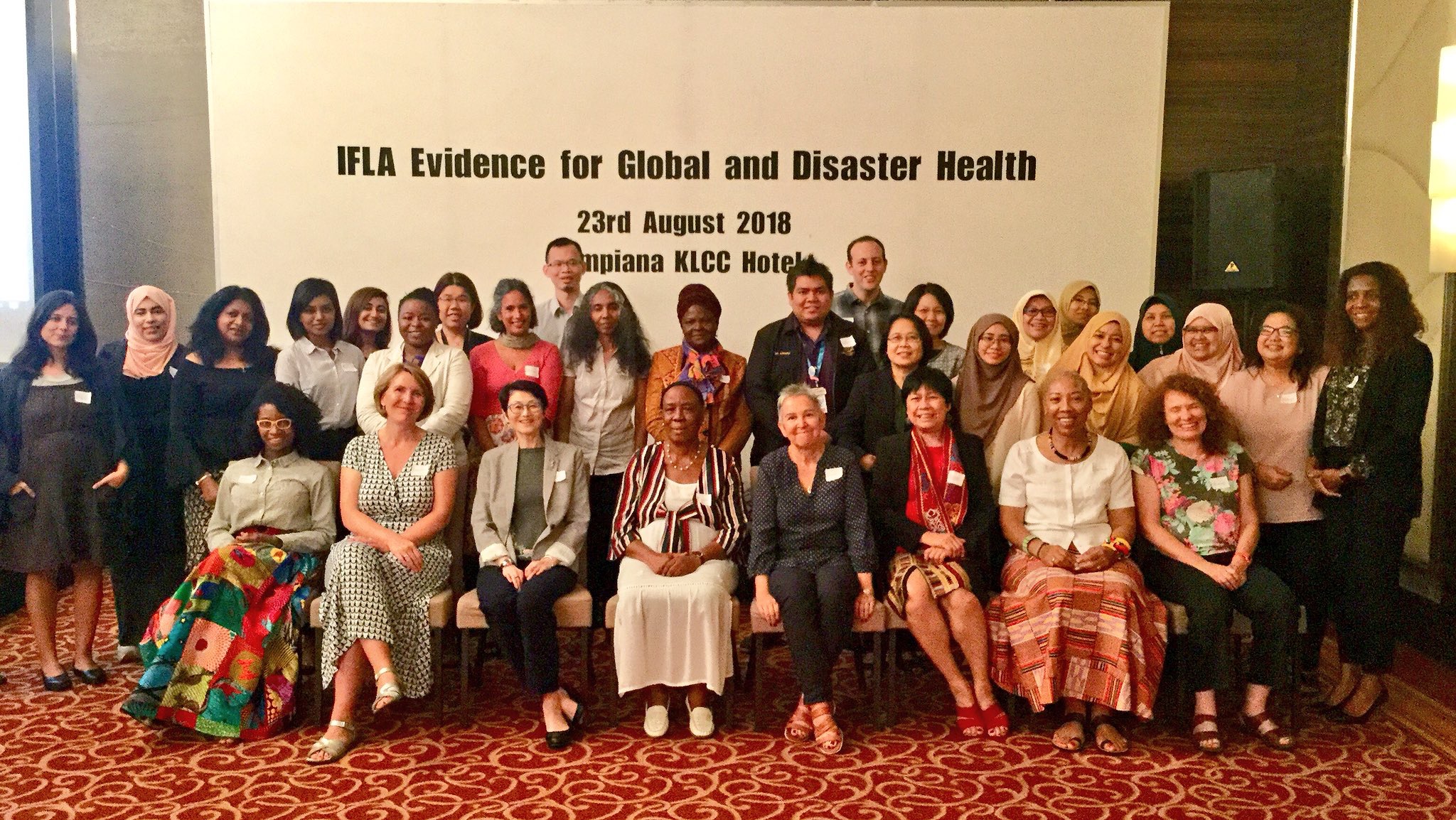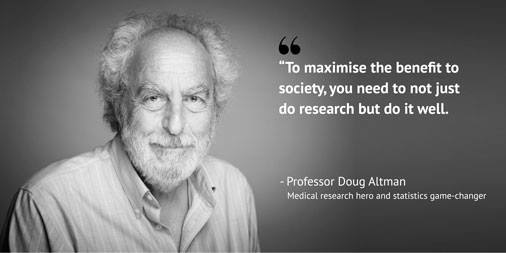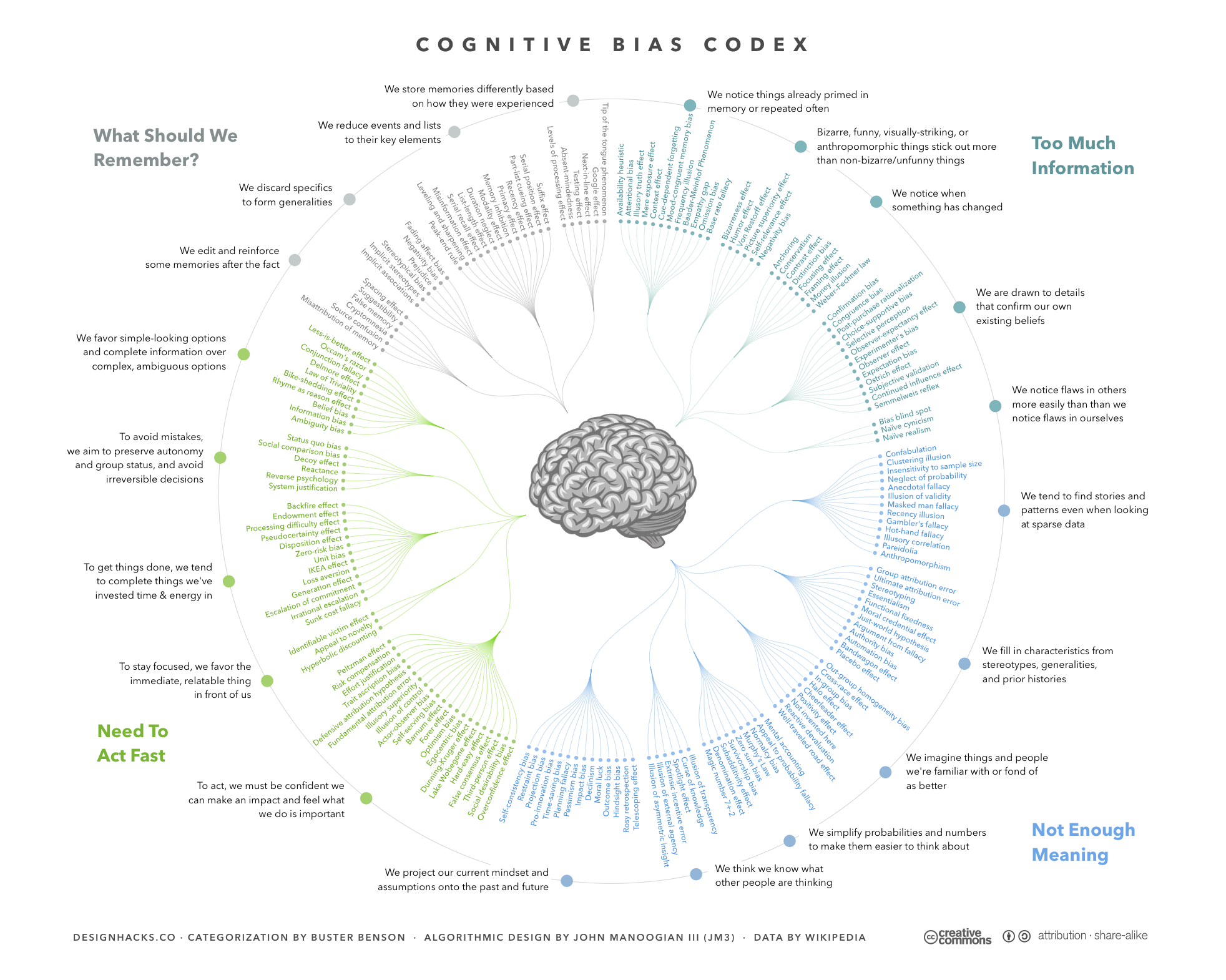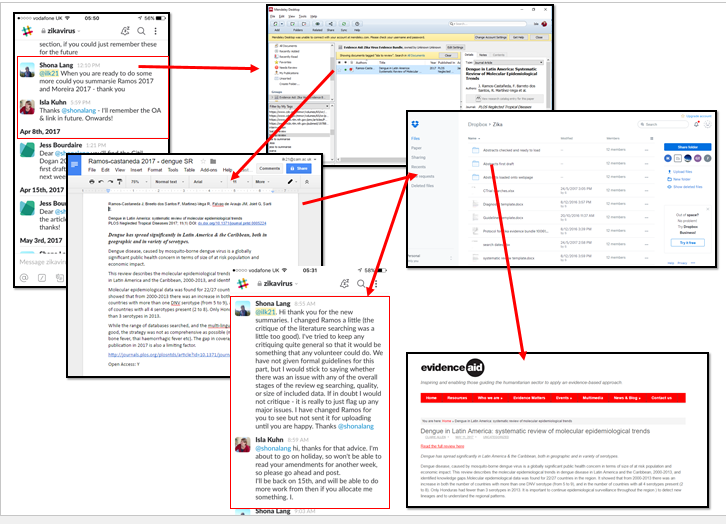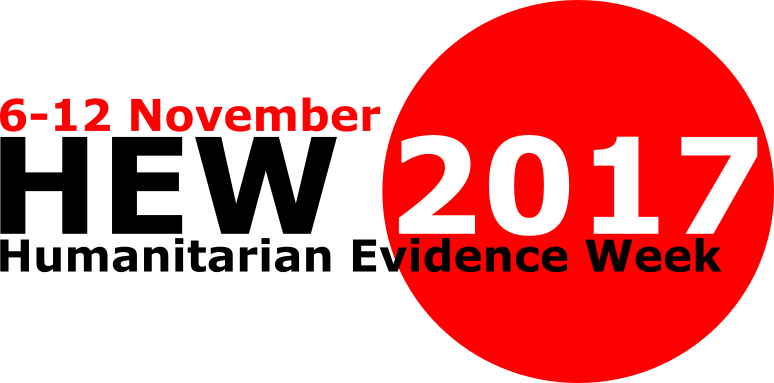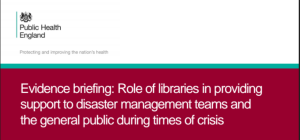I always really enjoy attending the EAHIL conference. Yes, the opportunity to travel is part of it, I wont deny it 😊. But the range of great work that is going on across Europe is always inspiring, and the value of looking beyond Cambridge and even the UK is always valuable. Did I mention the people are lovely?
FYI, all the keynotes recordings, and slides from oral presentations are available at : https://eahil2023.org/programme/ so don’t just rely on my reflections, have a browse, and if you’ve got questions or comments about any of the sessions I’d love to hear them.
#1 – the emotional burden of being a librarian
The keynote speaker who kicked off the event was David Lankes Keynote: R David Lanke Trondheim #eahil2023
The situation that is developing in America is probably known to many of you, but as a distilled summary, David’s presentation was alarming, depressing, horrifying and sad in equal measure. It was also hopeful because of the actions taken by librarians to try to fight back against the sanctions, censorship, legislation and silencing. It’s such a lot for individuals to take on.
The second keynote was by Mia Matthiason, Keynote: Mia Mathiasson Trondheim #eahil2023
She talked about the work going on in Denmark to try to ensure sustainable librarianship was in place. Sustainability was more than an environmental or climate based activity. A more holistic approach was necessary, working with a range of partners, and being involved in community transformation – including social, cultural change. A recommended book was by Smith Aldrich: “Sustainable Thinking: Ensuring Your Library’s Future in an Uncertain World”
She ended with a quote, that it was “better to dream about the future than fear it – all great changes were based on a dream that the world could be different from today” – Leth 2023,

which is fundamentally about optimism, which is a necessary part of affecting the change that is needed. But again, the weight of responsibility, collective and individual is huge.
But this was all both really heavy, and “we need to change the world” – and both are a lot to take on.
Which is why 2 other presentations were so important for me, personally, to hear.
Vocational awe – it’s not a concept that I’d come across, but Karen Marie Øvern introduced it wonderfully. Her slides are available. The weight of responsibility that can sometimes come from the “we must change the world” sometimes gets just too much – we just want to get through the day!

She talked about the emotional labour (rather than emotional work – remembering colleagues birthdays, etc, which is a big thing in itself, emotional labour is the commercial equivalent – doing things for free that could/should be charged for), job creep (ever more elements being added to a job description, with no change in renumeration or hours in the day), toxic positivity (having to be “nice” even in very challenging situations). The buildup, slow or otherwise, of these can take a toll resulting in burnout.
That we’re perceived others as “just reading books all day”, or having a quiet, unstressful place to work does not help.
We often feel we can’t say “no” – or even “yes, but not right now”.
That this might all result in people leaving the profession is bad, but the loss of idealism and optimism in the individual is maybe worse.
She does suggest that a slower type of librarianship might be part of the journey towards a better working environment – a new concept for me, and one advocated since 2018 by Meredith Farkas. You can read more about it from Nick Poole, head of CILIP. Something I’ll be thinking more about, for sure.
Elena Springall continued this line of thinking in her presentation about emotions in library work. She returns to the idea of emotional labour – the idea that, in part at least, we’re hired for the ability to do/say the right thing at the right time (her examples were around “display rules” – being happy or sad a at the right time socially). We’re “nice”, at the reception desk, or in teaching, or via email – being friendly is such a key part of what we hope people will take away when we give an induction, or short talk, or attend a welcome event for new staff.
A lot of the time, these presentations (smiling, etc) are genuine. I certainly think I work with the loveliest people!
But this can be exhausting. And if we know/think that the focus of our nice-ness isn’t really listening (an unresponsive lecture theatre of students, or a zoom room with no cameras turned on, or a person at reception we know wont retain the information), then it’s all the more draining.
There’s also the drain of students/researchers/whoever only coming to us at the last minute – almost as a last resort. They bring the stress of their deadline, and we absorb it. There is sometimes a gendered aspect to this – acting like the student’s mother, as much as a professional source of support.
I’m not suggesting we shouldn’t continue to be nice to each other, and our library users. That we shouldn’t try to help when they have not really helped themselves. But we also need to look after ourselves (remember the advice in planes, that you need to fix your own air mask, before you help others?) What should each of us do to ensure we’re not completely drained
Springall suggests some strategies for managing all this to improve resilience, including personal/professional boundaries, having space away to decompress (talking with colleagues, or a walk round the block, something that works for you).
I think that maybe we need to talk more about how to manage the expectations of our library users when they set (what they might not realise) unachievable deadlines. That search that is “needed by tomorrow”, or that massive list of articles that “it would be nice to have next week”.
When was the last time each of us replied, “yes we can help, but we need to negotiate the deadline” ?
The final I’d like to draw your attention to was sort of focused on student wellbeing, but had benefits for staff wellbeing too.
Glyneva Taylor presented work by her team on wellness for our students and ourselves. She presented some of the lovely work they did, not creating a massive burden on staff time, to just spread a little love. There were 3 grades
- low cost, low time, low staff effort – a positivity wall.

Similar to the grafitti walls we’ve had in the Medical Library, these included prompt ideas to focus the messages/contributions. a little moderation was sometimes required, but generally a positive set of responses, filled with positivity.
- Low/medium cost, medium time, medium staff effort – “unwork” space
Again, similar to work we’ve done with the jigsaws and colouring books, but again, they themed it much more.

- High cost, high time, high effort – community garden
We’ve got plants, but they introduced an indoor garden, and seed library, and clay pot decorating, and trivia event… a lot more work. But a whole different type of engagement, and lots of seeds and plants were given away. This can impact the cost (might need to budget more for seeds than you expect – what to do when you run out etc)
We need to be careful that these don’t constitute another form of job creep, but generally they are great ideas for student wellbeing, which can bring fun and lightness to staff too.
A bit of positivity, hopefully, to end with 😊



 Posted by ilk21
Posted by ilk21 




